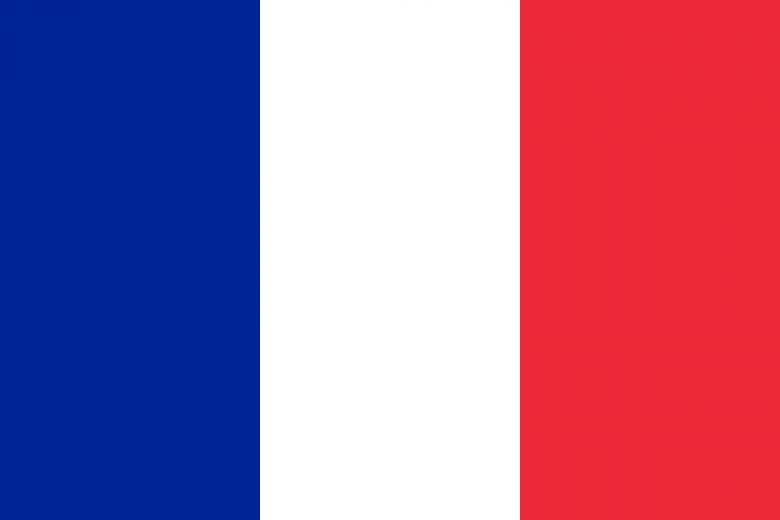French anti-P2P law reduces piracy, but does nothing for music sales
France's three-strikes anti-piracy law is one of the strictest in the world. It employs private companies to scan file-sharing networks for copyright infringement and sends warnings to pirates if they're caught red-handed. The law, enforced by a French authority called Hadopi, was instated 17 months ago to the applause of music copyright holders and their representatives. Although an early study originally showed piracy had actually increased after the anti-P2P law passed, Hadopi released a report this March saying French ISP users had significantly decreased their illegal file sharing. Despite that announcement, the French music industry still saw a decline in revenue.
Hadopi used the reports of two different companies to ascertain the decrease in pirated traffic. One metric said illegal data sharing on peer-to-peer networks decreased by 43 percent; another survey used a different methodology and saw a 66 percent decrease in illegal P2P traffic. While Hadopi only monitors peer-to-peer networks, its recent study noted there's "no indication that there has been a massive transfer in forms of use to streaming technologies or direct downloads."










































































